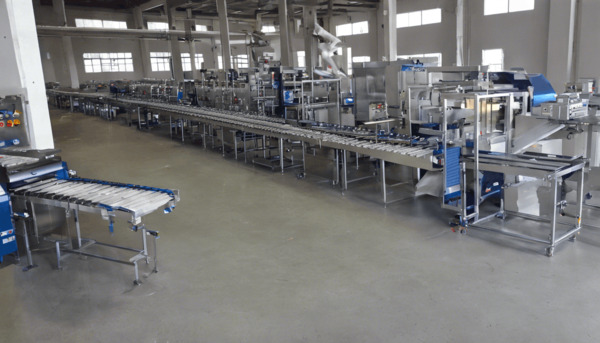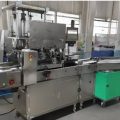
Understanding the HS Code for Case Sealers
When it comes to international trade, the Harmonized System (HS) code is a crucial element for categorizing products. For businesses dealing with packaging machinery, knowing the specific HS code for case sealers can streamline the import and export process. This article delves into the HS code for case sealers, its importance, and how it relates to other packaging machines like the 100 gm pouch packing machine.
What is an HS Code?
The HS code, or Harmonized System code, is an internationally standardized system of names and numbers for classifying traded products. Developed by the World Customs Organization (WCO), it is used by customs authorities around the world to identify products for the application of tariffs and taxes. Each product type is assigned a unique code, making it easier to process and track goods across borders.
The Importance of HS Codes in International Trade
Facilitating Smooth Customs Clearance
HS codes are essential for ensuring that goods pass through customs efficiently. Accurate classification helps avoid delays and additional costs associated with incorrect declarations. For example, knowing the HS code for a 100 gm pouch packing machine ensures that the product is correctly identified and taxed.
Standardizing Global Trade
HS codes standardize the classification of goods, which is vital for international trade. This standardization allows for uniformity and consistency, making it easier for businesses to trade globally. Whether you’re dealing with a case sealer or a 100 gm pouch packing machine, the HS code system ensures that all parties understand what is being traded.
HS Code for Case Sealers
Identifying the Correct HS Code
Case sealers, which are used to seal boxes or cases, fall under the broader category of packaging machinery. The specific HS code for case sealers can vary depending on the type and functionality of the machine. Generally, case sealers are classified under the HS code 8422.30, which covers machinery for filling, closing, sealing, or labeling bottles, cans, boxes, bags, or other containers.
Comparing with Other Packaging Machines
It’s important to note that different types of packaging machines have distinct HS codes. For instance, a 100 gm pouch packing machine, which is used for packing small quantities of products into pouches, may fall under a different sub-category within the same broader classification. Ensuring the correct HS code for each type of machinery is crucial for compliance and efficient customs processing.
Conclusion
Understanding the HS code for case sealers is essential for businesses involved in international trade. The HS code system facilitates smooth customs clearance, standardizes global trade, and ensures that products like case sealers and 100 gm pouch packing machines are correctly classified and taxed. By accurately identifying the HS code for your packaging machinery, you can avoid delays and additional costs, making your international trade operations more efficient and effective.





